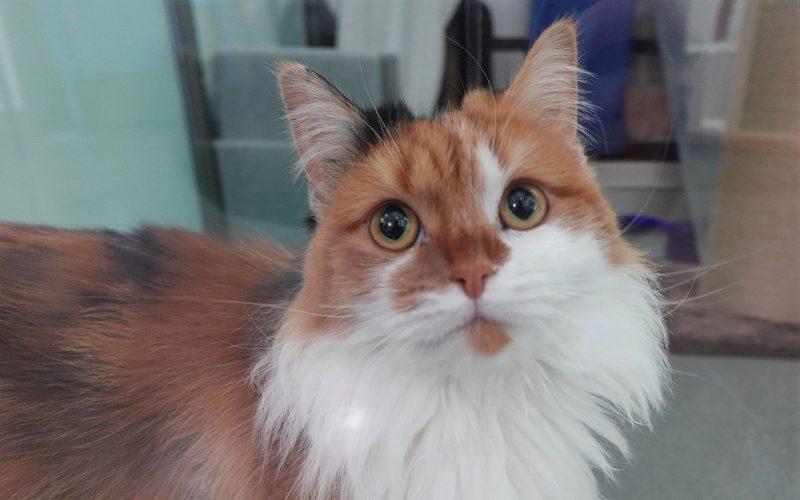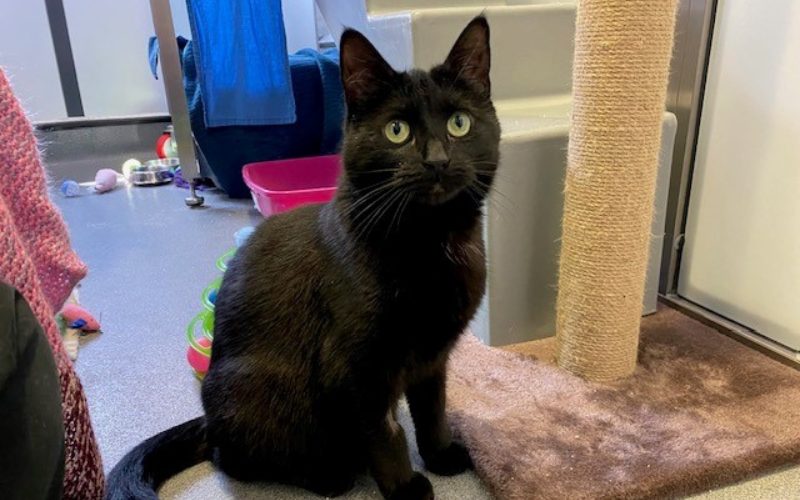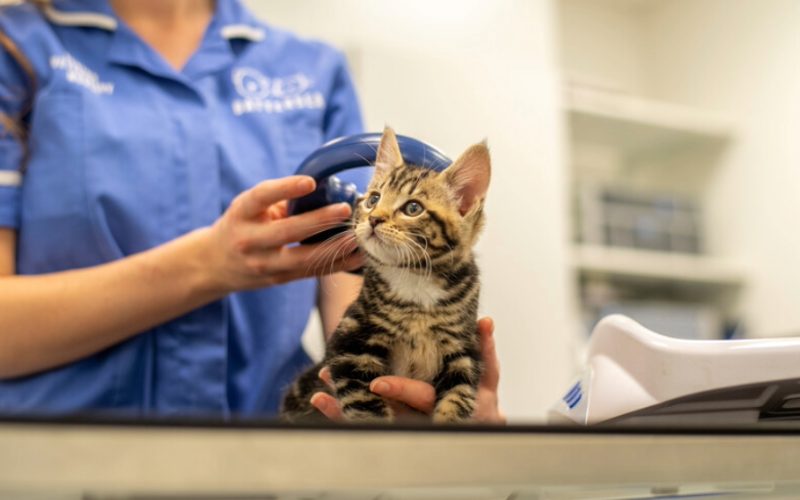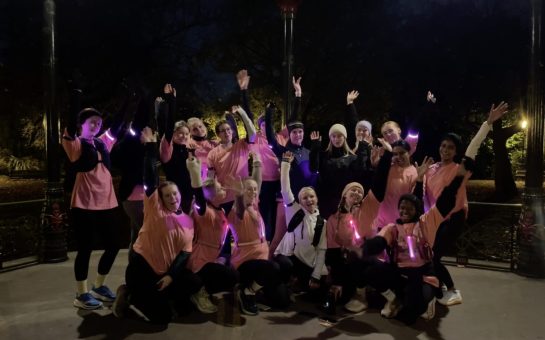Battersea Dogs and Cats Home has urged owners to microchip their cats, following a new report that revealed only 2% of stray cats were reunited with their owners through microchipping in 2022.
This statistic is indicative of a wider welfare problem for pets across the UK, as three out of five cats brought to the charity’s centres were not microchipped, according to the study.
While laws to ensure the effective microchipping of dogs were implemented in 2016, policies to protect cats in the same way will only be implemented later this year.
The new regulations mean that owners must microchip their cats over the age of 20 weeks by 10 June this year or may be fined up to £500.
The rules form part of a wider Government pledge for the Action Plan for Animal Welfare, launched in 2021.
Battersea Policy Officer Jennifer Roy said: “Unlike dogs, cats by their very nature are free-roaming and are less likely to come to the attention of the public, local authorities or police in the same way a stray dog does.
“This contributed to a delay in introducing compulsory cat microchipping.”
Before dog microchipping became compulsory, Roy said that only 20% of stray dogs were accurately microchipped, which rose to 31% by April 2017.
She said: “We are expecting that the new cat microchipping regulations will increase the number of microchipped cats in a similar way.”
Roy said that if these new regulations are enforced effectively, they can increase the number of lost cats that are reunited with their family, aid resolving cat theft and ownership disputes, and help rehoming centres, local authorities and vets to contact their owner if their cat is injured or killed in a road accident.
Sadly, Battersea has had to rehome many cats who were not microchipped or whose details were not up-to-date.
One of Battersea’s rescued cats, one-year-old Kina, was found in a park by a passer-by and brought to the charity.

Staff had suspected Kina was a domestic cat from her friendly disposition and well-maintained coat.
As she did not have a microchip, staff could not find her owners but was rehomed soon after with a new loving family.
Similarly, two-year-old Pebble was roaming the streets when a stranger brought him to the centre.

Even though he was microchipped, the chip lacked details of his owners, which meant that staff could not trace his family.
Battersea has had greater luck with animals that were microchipped accurately, such as two-year-old Alfie, who was brought in after a passer-by believed he was lost.
The young feline was wearing a collar with an AirTag and, when Battersea found his microchip with up-to-date details about his owners, the staff learned that he was not even missing at all.
His ‘relieved’ owner rushed to pick him up within the hour and they were both ‘happily reunited right away’.
Roy said that the microchipping is the simplest way a cat can be reunited with its family is with a collar and tag with accurate details.
Find out more about Battersea’s advice on microchipping cats here.
Featured image credit: Battersea Dogs & Cats Home





